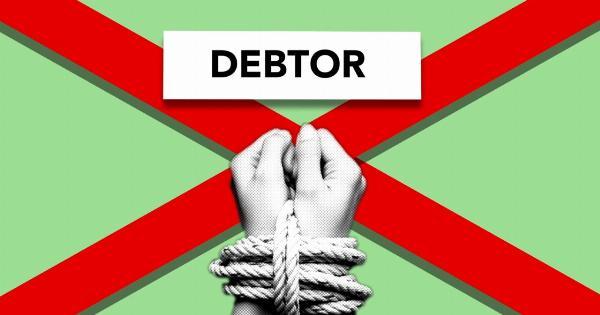Hearing loss is often perceived as a minor inconvenience or a natural consequence of aging. However, the consequences of not addressing hearing loss can be far more significant than most people realize.
While it may seem like a mere annoyance, untreated hearing loss can have serious implications for an individual’s overall well-being and quality of life. In this article, we will explore some of the surprising dangers of hearing loss and why it is essential to address it promptly.
The Social and Emotional Impact
Hearing loss can have a profound impact on an individual’s social and emotional well-being. As hearing declines, communication becomes more challenging, leading to feelings of isolation and frustration.
Many people with untreated hearing loss may withdraw from social interactions, avoiding conversations and gatherings altogether. This social isolation can result in depression, anxiety, and a diminished overall quality of life.
Reduced Cognitive Function
Recent research has unveiled a strong link between hearing loss and cognitive decline, including an increased risk of developing conditions like dementia and Alzheimer’s disease.
Studies have shown that individuals with untreated hearing loss experience accelerated cognitive decline compared to those who address their hearing issues. The extent of cognitive decline may partially be due to the added cognitive load required to comprehend speech and sounds with impaired hearing.
Strained Relationships
Living with untreated hearing loss can put a strain on relationships, both personal and professional. Communication breakdowns, misinterpretation of words, and constant requests for repetition can lead to frustration and conflict within relationships.
This strain may impact marriages, friendships, and work relationships, causing feelings of resentment and alienation.
Increased Risk of Accidents
Individuals with untreated hearing loss are more prone to accidents and injuries. The inability to hear warning signs and environmental cues, such as approaching vehicles or shouting for help, can put their safety at risk.
Additionally, studies have shown that untreated hearing loss is associated with a higher likelihood of falls and a decreased ability to maintain balance.
Decline in Job Performance
Hearing loss can have a significant impact on job performance and career prospects.
Difficulties in following instructions, understanding conversations during meetings, or communicating effectively with colleagues and clients can hinder professional growth. Individuals with untreated hearing loss may experience decreased productivity, missed opportunities, and even job loss.
Impaired Mental Health
Untreated hearing loss can contribute to mental health issues, such as anxiety and depression. Struggling to hear and understand conversations on a daily basis can lead to feelings of inadequacy, self-consciousness, and even social phobia.
Moreover, the effort required to listen and comprehend in various situations can be mentally exhausting, further impacting one’s mental well-being.
Increased Healthcare Costs
Studies have shown that individuals with untreated hearing loss often experience higher healthcare costs compared to those who address their hearing issues promptly.
The strain on mental health, increased risk of falls and accidents, and the potential development of cognitive decline can all contribute to rising healthcare expenses. By addressing hearing loss early on, individuals can potentially mitigate these additional healthcare costs.
Diminished Overall Quality of Life
Ultimately, untreated hearing loss can result in a diminished overall quality of life. The cumulative impact of all the dangers mentioned above can lead to a reduced enjoyment of daily activities, hobbies, and interactions with loved ones.
By addressing hearing loss and utilizing appropriate interventions, individuals can significantly improve their quality of life and maintain active and fulfilling lifestyles.
The Importance of Seeking Help
Recognizing the potential dangers of untreated hearing loss underscores the importance of seeking professional help. If you or a loved one suspect hearing loss, it is crucial to consult with an audiologist or hearing healthcare professional.
They can conduct comprehensive evaluations, diagnose the type and degree of hearing loss, and recommend appropriate interventions, such as hearing aids or assistive listening devices.
Addressing hearing loss promptly can help avoid the negative consequences associated with untreated hearing loss.
By seeking treatment, individuals can improve their communication abilities, maintain strong relationships, and safeguard their overall well-being. Remember, hearing is a vital sense that connects us to the world around us, and taking care of it should be a priority.































